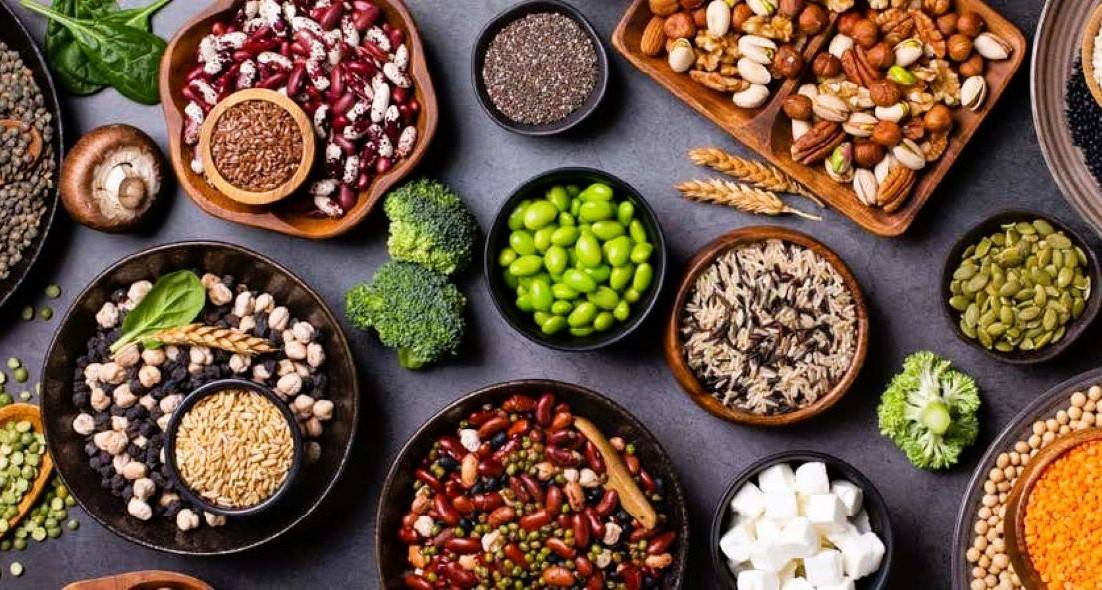
The Smart Protein project, funded by the EU, is encouraging European farmers to cultivate lentils, quinoa, fava beans, and chickpeas to meet the rising demand for plant-based foods. ProVeg International, along with other partners, has compiled informative leaflets detailing the optimal climatic conditions and agricultural practices for each crop.
Jasmijn de Boo, CEO of ProVeg International, expressed hope that these leaflets would not only provide valuable information but also inspire food producers to tap into Europe's growing plant-based sector. The transition to alternative proteins in Europe is gaining momentum, and farmers play a crucial role in supplying locally grown ingredients for these environmentally friendly food products.
The plant-based sector has seen a 21% growth in 13 European countries between 2020 and 2022. A recent survey conducted by ProVeg revealed that 51% of meat eaters in Europe are actively reducing their meat consumption annually, signaling a shift towards plant-based diets. Legumes, including chickpeas, lentils, and beans, are becoming increasingly popular substitutes for animal-based foods.
The Smart Protein project is spearheading this shift by promoting the cultivation of fava beans, lentils, chickpeas, and quinoa as key ingredients in plant-based innovation. The project's leaflets offer valuable advice for farmers, highlighting the suitability of different crops for various climates and regions.
For example, chickpeas thrive in the Portuguese climate, while fava beans perform well in Denmark, even in low temperatures. Quinoa requires loamy, well-drained soil rich in organic matter, making Italy, the Netherlands, and Portugal ideal locations for cultivation.
Lentils benefit from good crop rotation and mechanical weeding, with intercropping with oats helping to reduce weed competition.
















